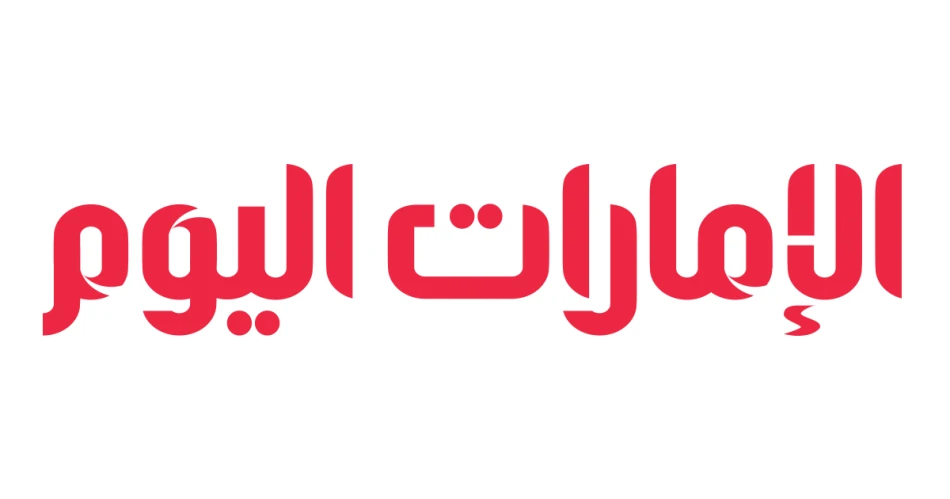
UN Forced to Shut Down 420 Health Facilities in Afghanistan, Jeopardizing Access to Critical Care
The United Nations closed 420 health centers across Afghanistan this year due to funding shortages, cutting off medical care for over three million people. This massive closure highlights the deepening healthcare crisis in a country already struggling with economic collapse and international isolation since the Taliban returned to power in 2021.
Farhan Haq, deputy spokesperson for the UN Secretary-General, confirmed that the closures have left more than three million Afghans without access to basic healthcare services. But here's the problem: people across Afghanistan's provinces keep demanding more medical facilities and complete healthcare services, not fewer.
The funding crisis stems from the complex international situation Afghanistan faces. Western donors have drastically reduced aid since the Taliban took control, while humanitarian needs have skyrocketed. International sanctions and the freezing of Afghan government assets have made it nearly impossible to maintain basic services.
Afghan Health Minister Noor Jalal Jalali has pushed for self-sufficiency in healthcare, but the reality on the ground tells a different story. Last year, Afghanistan's Health Ministry announced plans to build 318 hospitals nationwide. Now, existing facilities are shutting down faster than new ones can open.
For ordinary Afghans, this means traveling longer distances for medical care, if they can afford it at all. Rural communities face the biggest impact, as many of the closed centers served remote areas where alternatives are scarce. Women and children, who make up a large portion of patients at these facilities, bear the heaviest burden.
The healthcare collapse affects more than immediate medical needs. It weakens Afghanistan's ability to handle disease outbreaks, manage maternal mortality, and provide routine vaccinations. These problems don't stay within borders - they create regional health security risks that neighboring countries and international organizations will eventually have to address.
Most Viewed News

 Sara Khaled
Sara Khaled






